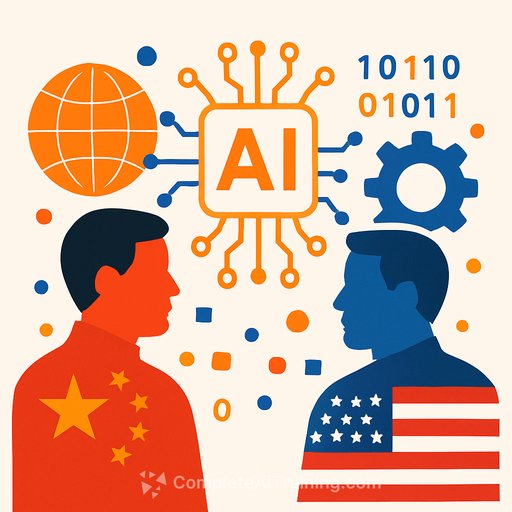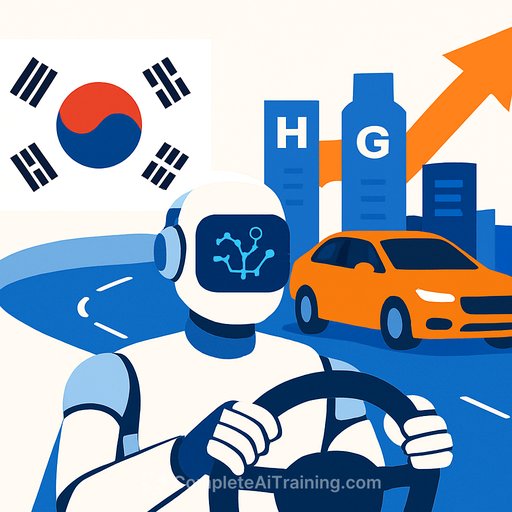China Proposes Unified Global AI Governance as US Pushes for Leadership
China has put forward a proposal for a unified global framework to govern artificial intelligence, shortly after the United States announced its strategy to secure AI leadership. This move underscores the growing competition between the world’s two largest economies over the future direction of AI technology and policy.
Li Qiang Calls for a Unified Global AI Framework
At the World AI Conference (WAIC) in Shanghai, Premier Li Qiang emphasized the need for a collaborative approach to AI regulation. He highlighted that current global efforts are fragmented, with different countries adopting varied rules and principles. Li urged governments to work together to develop a framework that ensures AI serves society broadly rather than benefiting only a select few nations or corporations.
He warned against the concentration of AI capabilities within a small group of countries and companies, cautioning that monopolies and export restrictions could hinder global access to AI advancements. This comes amid ongoing US-China trade tensions, especially regarding advanced semiconductor exports.
Earlier the same week, the US released a 28-page action plan aimed at reducing regulatory obstacles and reinforcing its AI dominance. This coincided with trade talks in Stockholm, where both sides agreed on some concessions: Washington eased restrictions on certain Nvidia AI chips, and Beijing paused an antitrust investigation into the US chemical company DuPont.
China’s Growing Investment in AI
China has significantly increased its investment in AI. With over 5,000 AI companies and a core industry valued at 600 billion yuan ($84 billion) as of April 2025, the country is a major player. State-backed venture funds poured an estimated $209 billion into AI from 2013 to 2023, and public spending this year alone is expected to exceed 400 billion yuan ($56 billion).
Despite this, private US investment remains higher, with $109 billion spent in 2024 compared to China’s $9.3 billion. However, China leads in other areas, filing more generative AI patents annually than all other countries combined since 2017, according to the World Intellectual Property Organization.
Chinese startups have also made waves. DeepSeek's R1 model outperformed competitors at a fraction of the cost of ChatGPT and Google’s Gemini earlier this year. More recently, Moonshot’s Kimi K2 model attracted global attention for similar reasons.
Calls for Coordinated Global AI Governance
International experts at WAIC echoed the call for coordinated AI oversight. ASEAN Secretary-General Kao Kim Hourn highlighted the risks posed by misinformation, deepfakes, and cyberattacks, urging swift collective action to ensure AI benefits the public.
Former Google CEO Eric Schmidt stressed the importance of US-China cooperation to maintain global stability and retain human control over advanced AI systems. The conference also featured prominent figures such as Geoffrey Hinton, regarded as a pioneer in AI, and French AI specialist Anne Bouverot, a special envoy on AI matters.
WAIC Highlights China’s Expanding AI Ambitions
The event showcased more than 3,000 exhibits and over 100 product launches. Highlights included new AI models from Tencent and SenseTime, Alibaba’s AI-powered smart glasses, and popcorn-serving robots from Keenon Robotics. Unitree’s G1 boxing robot gained popularity, alongside dancing robot dogs from China Mobile and a mahjong-playing humanoid developed by PsiBot.
Since its launch in 2018 by Singapore’s Artificial Intelligence International Institute, WAIC has become a key venue for China’s increasing influence in AI development. The contest between China and the US to lead AI innovation and governance is intensifying, with no signs of easing.
Your membership also unlocks:






